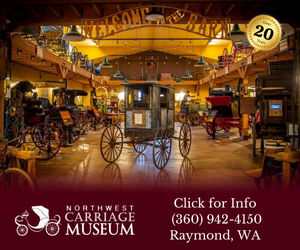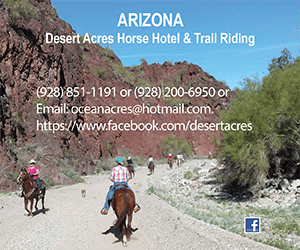Test Soil and Add Nutrients to Improve Grass
By Michael Hipp
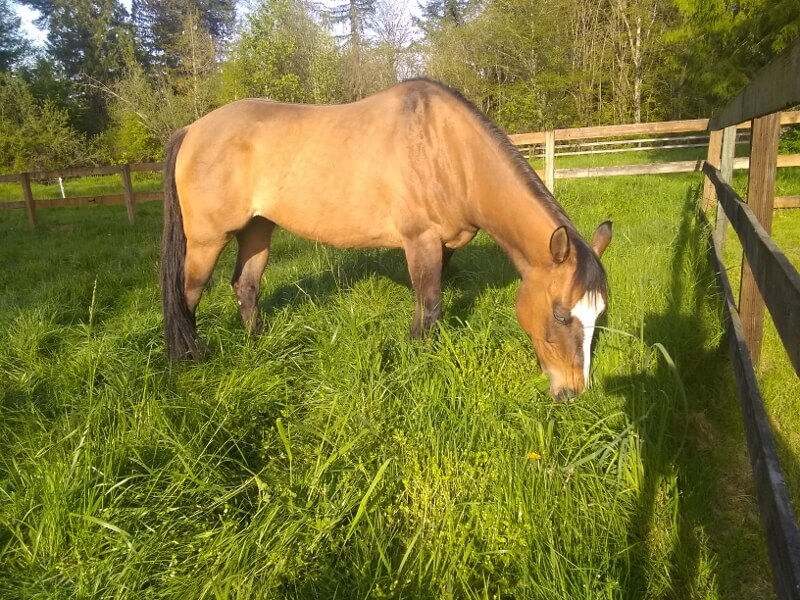
It’s been said that we owe our existence to six inches of topsoil and the fact that it rains. This is very true, and amazing to ponder. The soil in our pastures, and the grass it grows, are just as vital to the health of our horses.
Healthy soil contains all the nutrients and biology necessary for plant life. The nutrients grass pulls from the soil directly affect its growth and quality, and after it’s consumed it also directly contributes nutrients to our horses. You can give your horse all the supplements you want to make up for deficiencies in your pasture, but nothing is better for a horse or more effective than good, healthy pasture.
Here are some steps you can take to create a healthy pasture.
Test Your Soil
The first step to take in improving soil health in your pasture is to find out how healthy it is to begin with. You can do this with a soil test. The results of the test will tell you two very important things – what the levels of nutrients are and what the pH of the soil is.
While nutrients such as nitrogen, phosphorus, and potassium are vital, the pH of the soil is just as important. A pH that is too low or too high can affect how nutrients travel in the soil and how available they are for grass to absorb them. If any nutrients are lacking, the solution can be as simple as adding fertilizer. Adjusting the pH can also be as simple as adding lime. Whatever needs to be done can only be truly known by starting with a soil test.
Spread Composted Manure
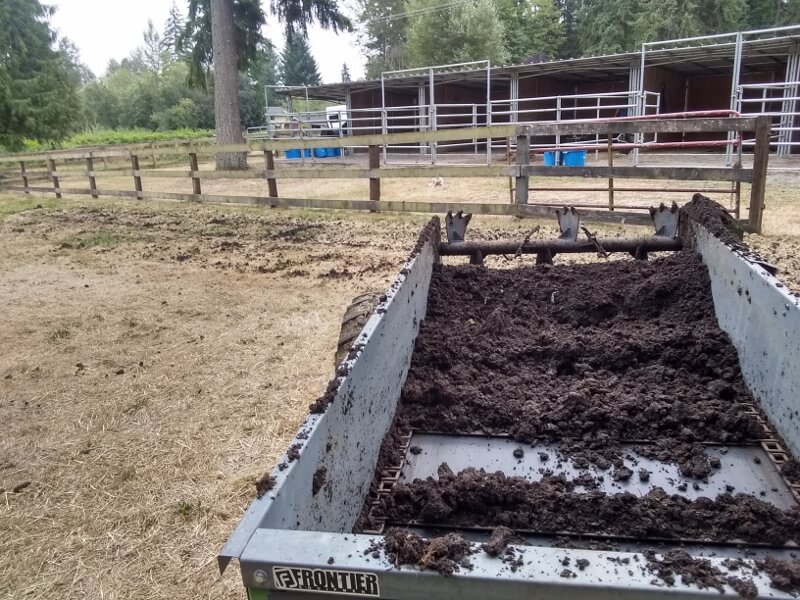
Manure from our horses is a constant battle for most of us. Every day more is produced, and what to do with it becomes a challenge. The best solution I’ve found is composting—because having good compost to spread on my pasture is like putting money in my pocket (which is nice considering how much I spent on the hay the manure started as)!
Composting is more than just piling up the manure in one spot and waiting for it to break down. It involves monitoring temperature, turning it to expose the microbes to enough oxygen, and making sure it has enough moisture to complete the process. However, if properly composted, horse manure is one of the best soil amendments you can use, one that will not only add good nutrients but also improve the organic matter vital to the health of all the microbes, fungi, bacteria and other organisms in the soil that are just as vital to the grass as a good rain.
Practice Good Grazing
Practicing good grazing is just as important to the health of a pasture as making sure the soil has what it needs. Grass needs good soil in order to thrive, but it also needs to be treated well to avoid damaging its ability to use the soil to be healthy itself.
Some things involved in good grazing include never grazing grass below three inches; divide pastures and rotate horses through each division as grass is grazed down to three inches. When horses are removed from a pasture, mow the grass to three inches tall, and don’t let horses back into a pasture until the grass is six to eight inches tall. When the rainy season begins monitor the soil and pull horses off into a winter confinement area to avoid damaging the grass and the soil.
Help is Available
It can be difficult getting your pastures healthy to assure the health of your horses, but help is available. The best resource you have is your local conservation district. They can help you with many free services such as soil testing, site visits to assess pasture health, and technical advice about how to compost and graze properly.
Fall is a great time to get started and get set up for next spring. And then it won’t be long until you have healthier soil and pastures, and healthier horses too!
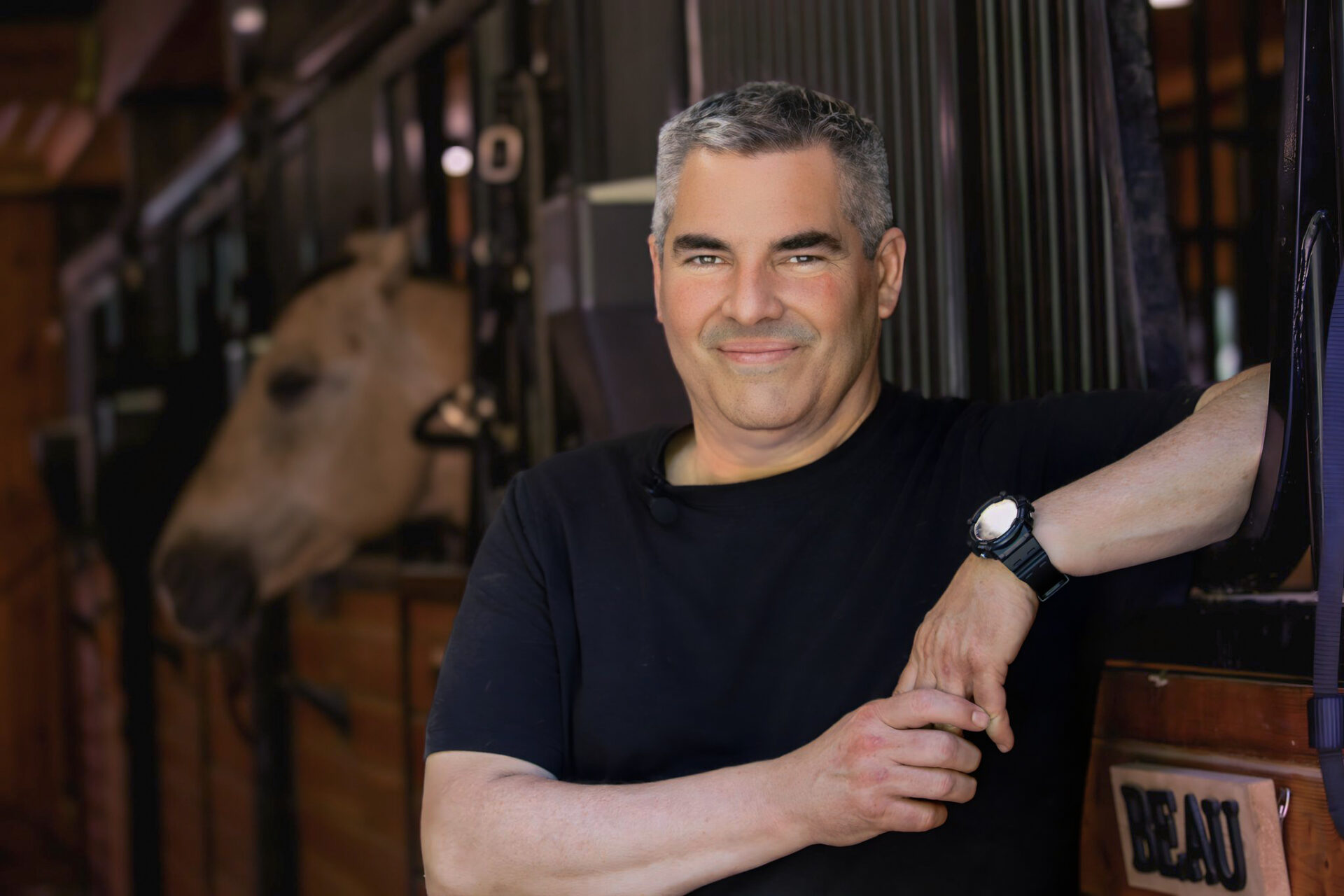
Michael is a lifelong student of the horse, from his childhood in Texas ranch country to his work with conservation districts all over Washington State protecting natural resources while also improving the lives of horses and their human companions. Hipp Equine Consulting serves horse owners across the country as well as conducting workshops at local stables on property management, horse behavior, chore management, and many other practical topics.
[email protected]
(425)-314-9980


